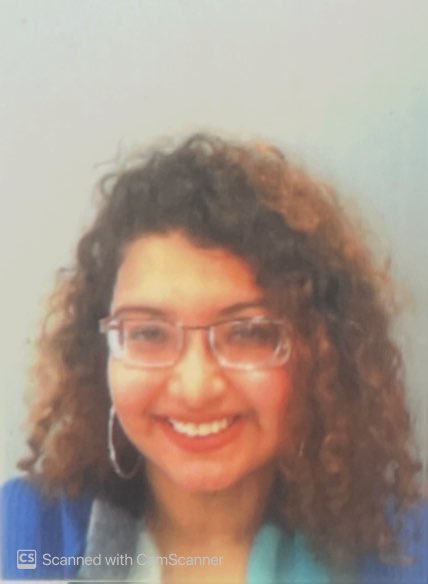Staff profile
Taramati Borkar
Postgraduate Research Student

| Affiliation |
|---|
| Postgraduate Research Student in the Department of Archaeology |
Biography
Academic Biography
I graduated from Fergusson College, Savitribai Phule Pune University, India, in 2017 with a BA in History. I also hold a diploma in Indology, with a basic understanding of the Brahmi script from Tilak Maharashtra Vidyapeeth, Pune, and have intermediate proficiency in Japanese. I have two MA degrees in Archaeology and Heritage Management in Asia (2019) and Managing Archaeological Sites (2020) from UCL’s Institute of Archaeology. I started as a PhD candidate at the Department of Archaeology in 2022. Fascination with cultural heritage and how it can influence the fundamentals of society made me empathetic towards cultural heritage management in India. My postgraduate degree experience piqued my interest in antiquities trafficking and art crime. It influenced my initial intention to focus on exploring the socio-cultural characteristics of the antiquities supply market in India while examining sustainable processes for public awareness. But the project was flexible within the topic and geographical location. Along with my PhD, I am volunteering with the University of Durham’s UNESCO Chair for their field project in Tilaurakot, Nepal.
Title: Exploring the success of socio-cultural restitution mechanisms through a systematic comparative analysis of cultural objects illicitly trafficked from Gujarat and Kathmandu Valley.
Research:
Contemporary research into the illicit antiquities trade has often dealt with economic evaluation, but its socio-cultural characteristics distinguish it from other forms of trade. My research, therefore, focuses on defining what restitution means for the source countries and enquires if the relocation of objects recreates their context throughout the process. It also explores what restitution means for the cultural objects, their socio-cultural and financial position in the community once restituted, and the changing relationship between their custodians. The project therefore focuses on seven objectives -
- To review global patterns of trafficking in antiquities and successful restitutions.
-
To examine the magnitude of trafficking and restitution of cultural objects in Gujarat and Kathmandu.
-
To explore methods and limitations of different socio-political and legal mechanisms inherent throughout the process of trafficking to restitution.
-
To analyse the cultural objects from Gujarat and Kathmandu and catalogue their biographies.
-
To understand the development of custodianship of cultural objects throughout the process from looting to restitution.
-
To understand the post-restitution situation of the objects and roles of the central governments.
-
To develop sustainable approaches for future research.
Research Interests
- Social Perspectives in Cultural Heritage Management.
- Indian Art History and Iconography.
- Archaeology and education.
- Ethnoarchaeology.
- Criminology.
- Intellectual Property Law.
- Culinary anthropology.

